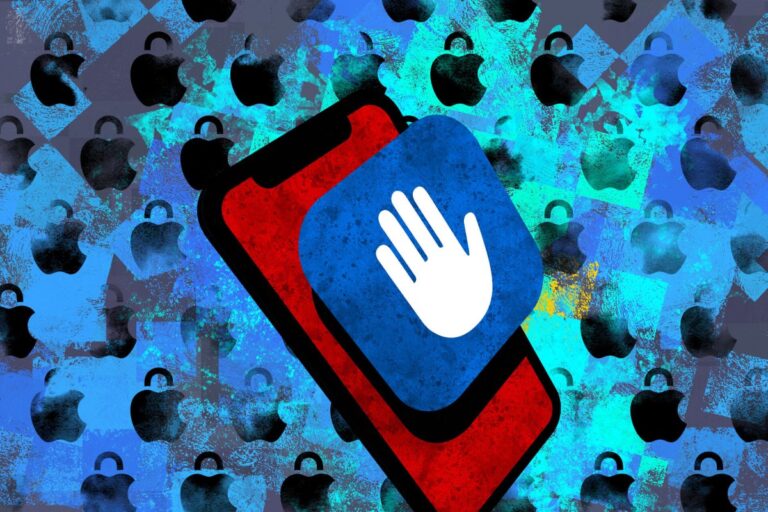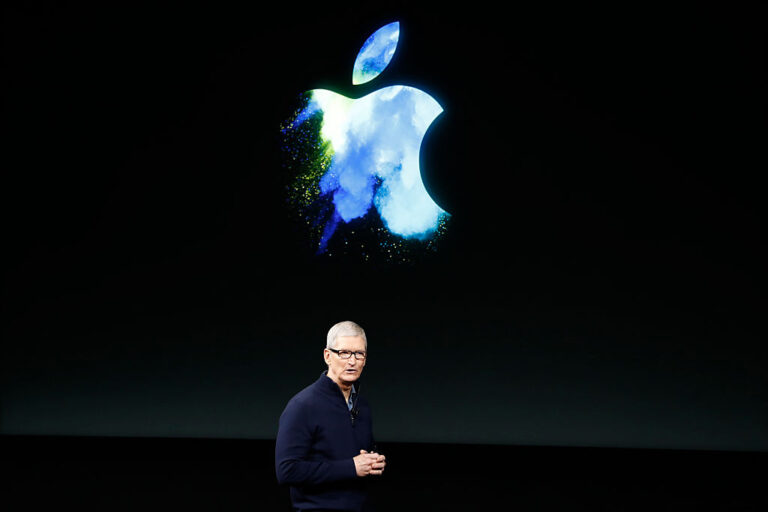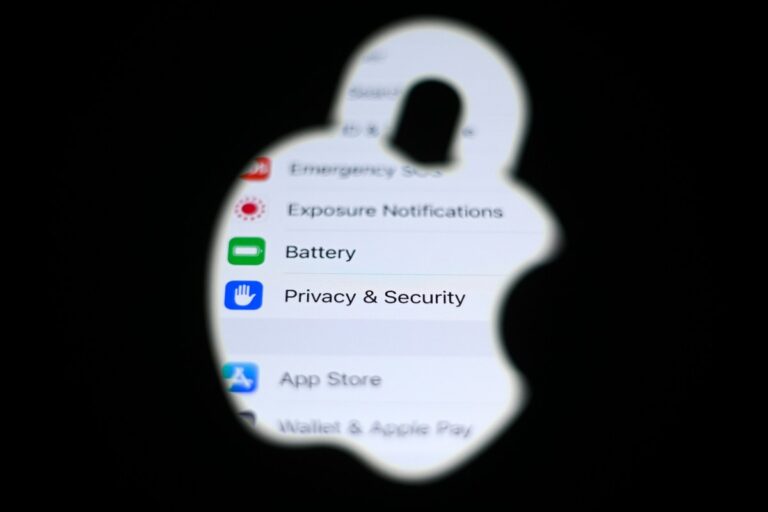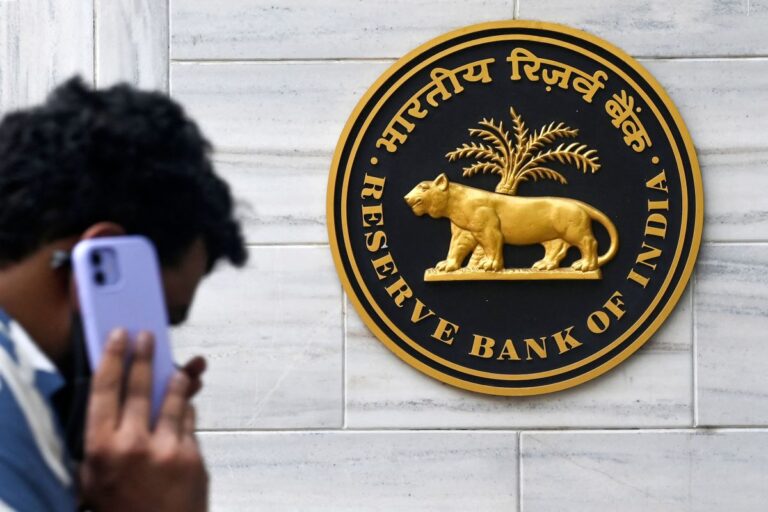Stalkerware Apps Exposed: The Hidden Dangers You Must Avoid!
In recent years, the rise of stalkerware has raised significant concerns regarding privacy and personal safety. This controversial industry caters to individuals seeking to monitor others, often leading to severe breaches of trust and data security. As technology evolves, so does the vulnerability of these shady applications, with numerous companies experiencing massive data leaks.
The Growing Threat of Stalkerware Data Breaches
According to a report by TechCrunch, at least 23 stalkerware companies have suffered hacks or data leaks since 2017. This alarming trend highlights not only the unethical practices in the industry but also the inadequacies in protecting sensitive user data.
Recent Data Exposures
- Cocospy and Spyic are the latest offenders in 2025, exposing sensitive information, including messages and call logs, of millions of victims.
- Data leaks included 1.81 million email addresses from Cocospy and 880,167 from Spyic, totaling 2.65 million compromised email addresses.
- In 2024, major breaches occurred at mSpy and Spytech, with significant amounts of customer data exposed.
History of Stalkerware Hacks
The issue of stalkerware breaches is not new. The first wave began in 2017 with significant hacks affecting companies like Retina-X and FlexiSpy, which revealed data of over 130,000 customers worldwide. These incidents were driven by hackers aiming to expose the unethical nature of the stalkerware industry.
Notable Hacking Incidents
Some of the most prominent cases include:
- Retina-X: Hacked twice in 2018, leading to its eventual shutdown.
- Mobistealth: Experienced a major hack in 2018, compromising gigabytes of sensitive records.
- SpyFone: Faced a security lapse that prompted the Federal Trade Commission to ban its operations.
Risks Associated with Stalkerware
Using stalkerware poses significant risks not only to victims but also to those who use it. The data security measures in place are often inadequate, putting sensitive information at risk:
- Many stalkerware applications fail to securely store customer data, leading to frequent breaches.
- Illegal surveillance practices can have real-world consequences, including legal ramifications for the user.
Alternatives to Stalkerware
For those concerned about monitoring their children or loved ones, there are safer and more ethical alternatives:
- Utilize built-in parental control features available on Apple devices and Android devices.
- Consider using reputable family safety apps that prioritize user privacy and consent.
Conclusion: Say No to Stalkerware
Engaging in surveillance through stalkerware is unethical and often illegal. The consistent failure of these companies to protect user data serves as a strong warning against their use. For those seeking help regarding potential abuse or stalking, resources like the National Domestic Violence Hotline are available 24/7. Remember, protecting privacy and ethical behavior should always come first.
Complete List of Stalkerware Breaches Since 2017
- Retina-X (2017, 2018)
- FlexiSpy (2017)
- Mobistealth (2018)
- Spy Master Pro (2018)
- SpyHuman (2018)
- SpyFone (2018)
- FamilyOrbit (2018)
- mSpy (2018, 2024)
- Xnore (2018)
- Copy9 (2018)
- MobiiSpy (2019)
- KidsGuard (2020)
- pcTattletale (2021, 2024)
- Xnspy (2022)
- Spyhide (2023)
- TheTruthSpy (2021, 2022, 2023, 2024)
- LetMeSpy (2023)
- WebDetetive (2023, 2024)
- OwnSpy (2023)
- Oospy (2023)
- Spytech (2024)
- Cocospy (2025)
- Spyic (2025)







